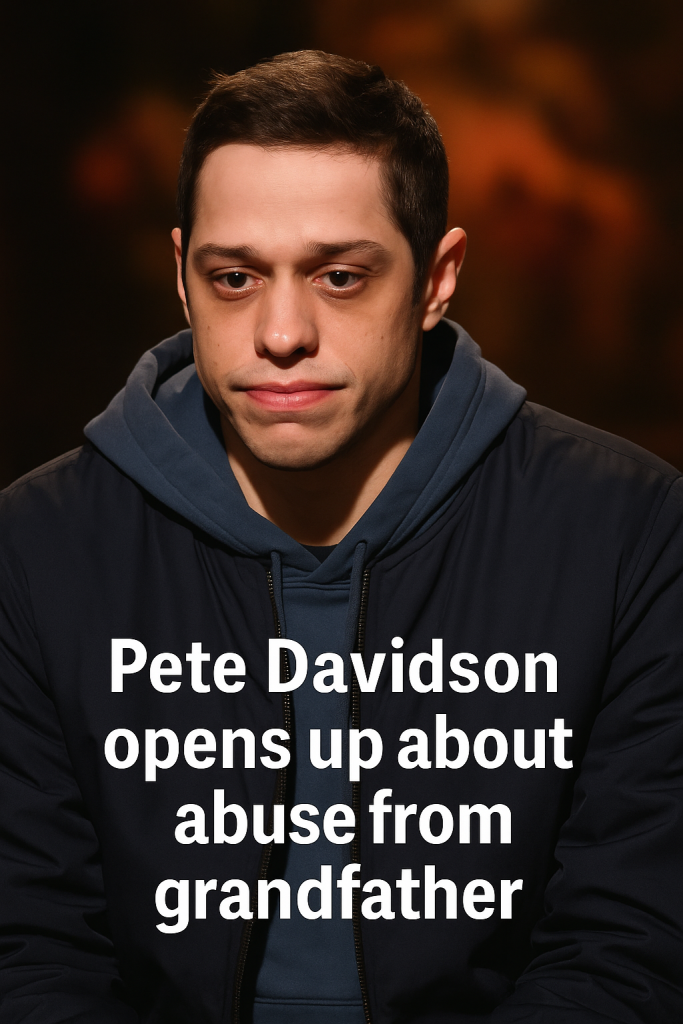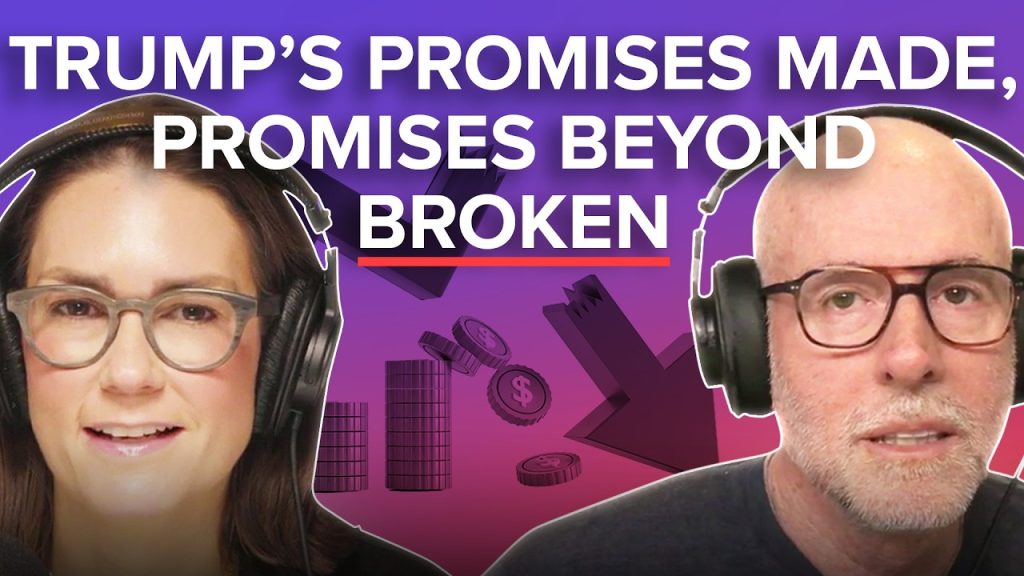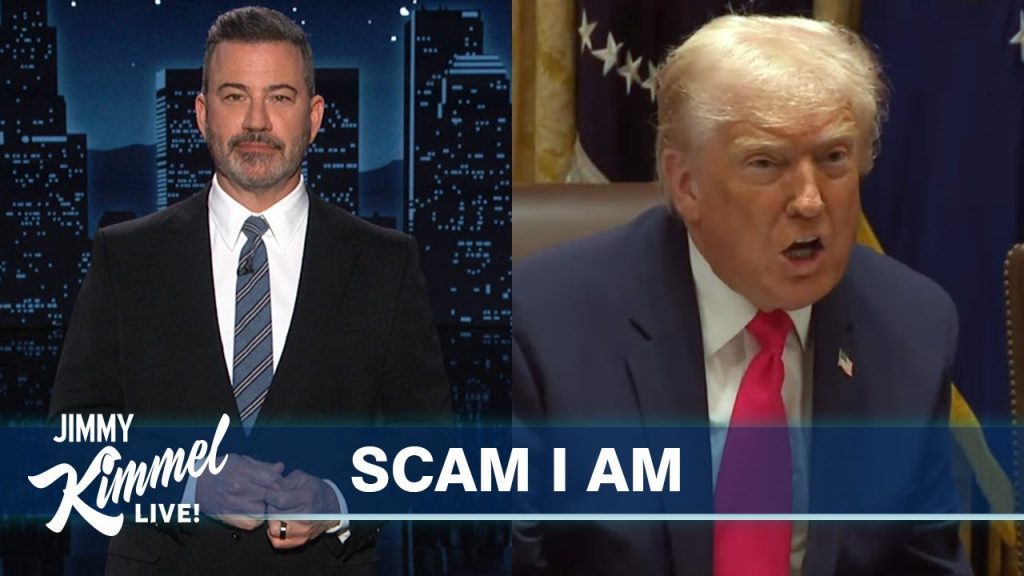In a raw and startling revelation, comedian and actor Pete Davidson has opened up about the deeply painful abuse he endured at the hands of his grandfather, expressing emotions that have shocked fans and followers alike. During a recent interview, Davidson did not shy away from confronting the dark chapters of his past, describing his feelings with brutal honesty and intensity, including the striking declaration that he is “thrilled” to see his grandfather dying and that he wants him to die slow.
This candid admission sheds light on the often-unspoken impact of familial abuse, especially within the context of Davidson’s public persona, known for his sharp wit and open discussions of personal struggles. The comedian’s willingness to speak about such a difficult subject resonates deeply amid growing conversations surrounding abuse survivors and the complexities of healing.
According to Davidson, the abuse by his grandfather was a significant and traumatic part of his early life, contributing to the emotional challenges he has faced as an adult. While he has previously spoken about mental health and family tragedies, this is the first time he has publicly addressed the specific nature of the abuse and the bitterness it fostered.
Speaking with unflinching clarity, Davidson said, “There’s a lot of anger that comes from being hurt by someone you’re supposed to trust. I want him to die slow, because no one should get away with abusing their family.”
Such a statement highlights the profound pain and unresolved feelings that many abuse survivors harbor, especially when faced with the frailty or impending death of their abuser. It also underscores the need for a broader understanding of the emotional aftermath of abuse, beyond forgiveness narratives that often dominate public discourse.
Fans and mental health advocates reacted strongly to Davidson’s revelation. Many praised his bravery for discussing such a taboo subject so openly, recognizing the importance of breaking silences around abuse. Others expressed concern for the emotional toll such memories undoubtedly take and urged support and compassion.
Davidson’s comments tie into a larger narrative around family trauma, mental health, and resilience in the face of personal adversity. His ongoing openness about his struggles—whether relating to his relationships, career pressures, or internal battles—has made him a uniquely relatable figure for many young adults navigating their own hardships.
While some viewers may find Davidson’s words jarring, they serve to remind society that abuse leaves lasting scars and that healing is rarely linear or simple. Davidson’s raw honesty encourages an urgent conversation about protecting vulnerable family members, listening to survivors, and addressing deeply embedded cycles of abuse.
In the coming weeks, fans and commentators alike will likely continue to digest this revelation, reflecting on the impact of Davidson’s disclosure and what it means for public conversations about trauma and justice within families.
For now, Pete Davidson’s candidness stands as a powerful testament to the courage it takes to confront painful truths—and the complexity of emotions survivors carry, long after the abuse ends.



